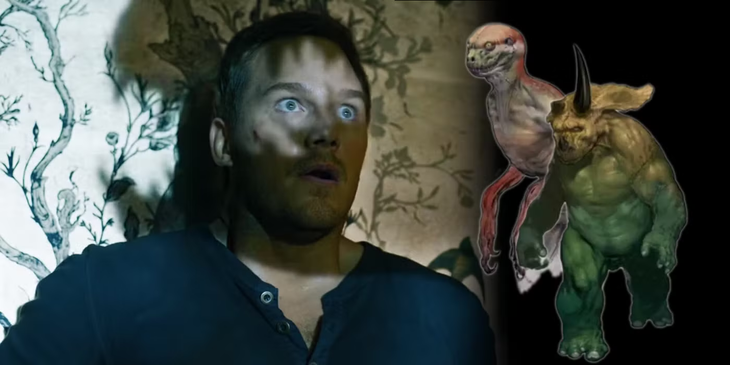 |
| If all 8 billion modern humans were transported back to the Jurassic period , they would face a hot, humid environment, dense forests, and CO₂ concentrations five times higher than today. (Photo: Screen Rant) |
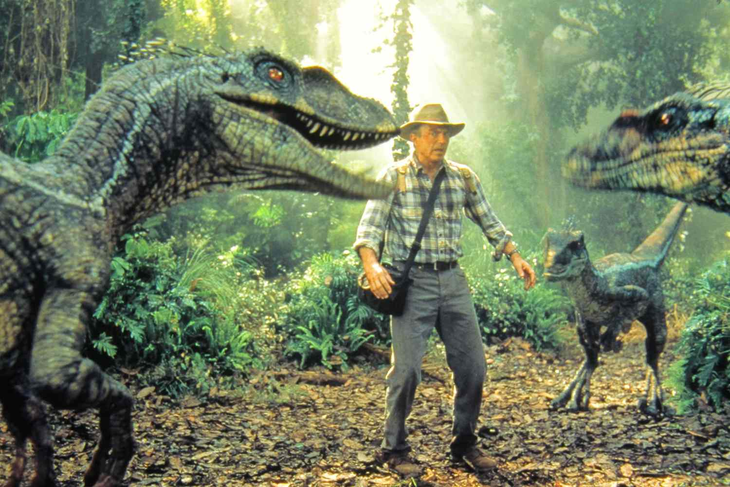 |
| There was no winter, but there were also no modern foods like rice or corn – Jurassic humans had to adapt to ancient plants like ferns and conifers. (Photo: People.com) |
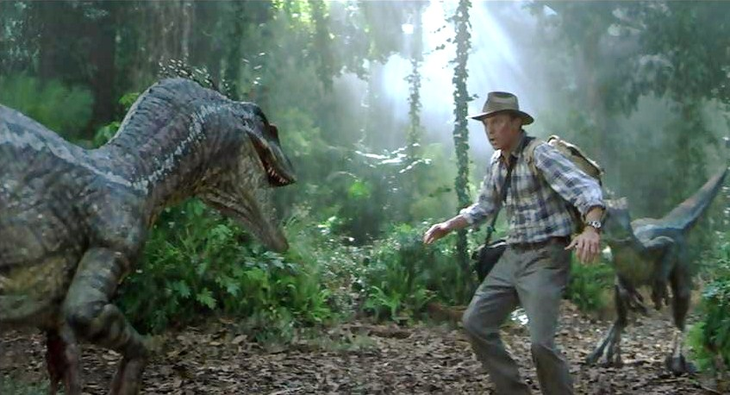 |
| The biggest threat was not dinosaurs but a lack of preparation: no weapons, technology, medicine, and most humans were not used to surviving in the wild. (Photo: Plugged In) |
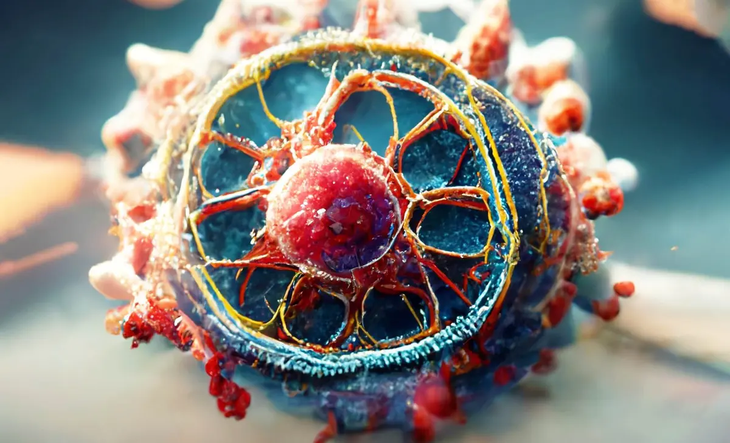 |
| Ancient pathogens, bacteria and viruses could have made modern humans extinct in a short time. (Photo: Earth.com) |
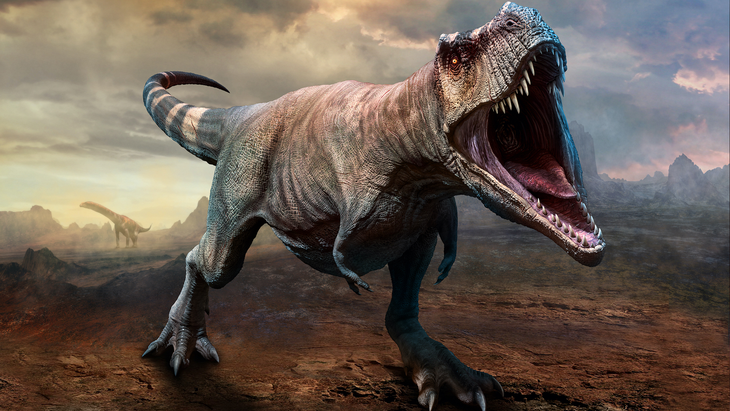 |
| Some carnivorous dinosaurs like Allosaurus or Tyrannosaurus were extremely dangerous, while smaller species may have been a food source or domesticated. (Photo: Live Science) |
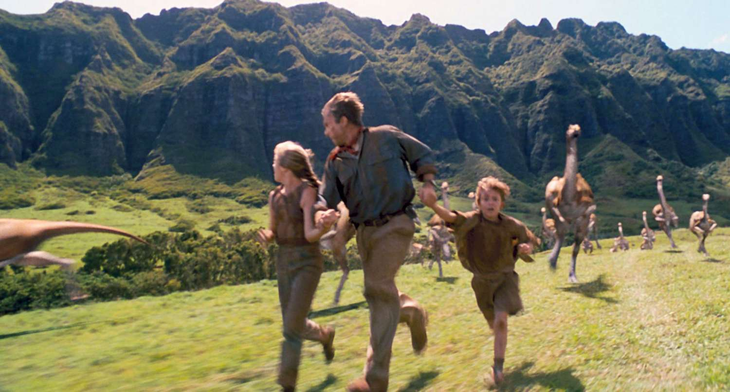 |
| Rebuilding civilization would be extremely difficult because the modern division of labor would disintegrate; each individual would be very limited without the support of a community. (Photo: People.com) |
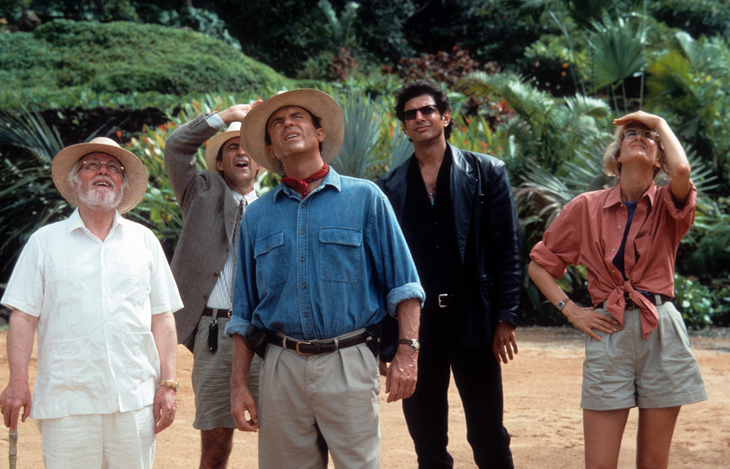 |
| However, with 8 billion people, if only 1% survive, or 80 million people, there is still a chance to rebuild society and retain some knowledge. (Photo: Jurassic Park) |
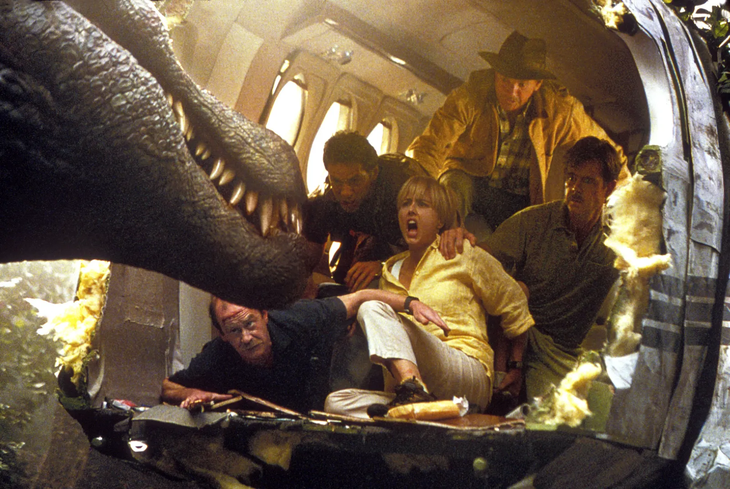 |
If lucky, the surviving groups can create a foundation for agriculture, domesticate animals, gradually restore technology and regain control of the planet from the dinosaurs. (Photo: GQ)
|
Dear readers, please watch more videos: What is artificial intelligence AI? - Will AI dominate humans?
Source: https://khoahocdoisong.vn/neu-con-nguoi-quay-lai-ky-jura-chuyen-kinh-hoang-nao-se-xay-ra-post268318.html
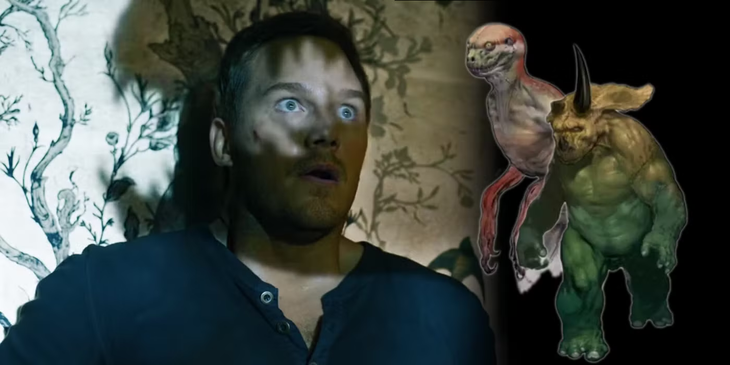
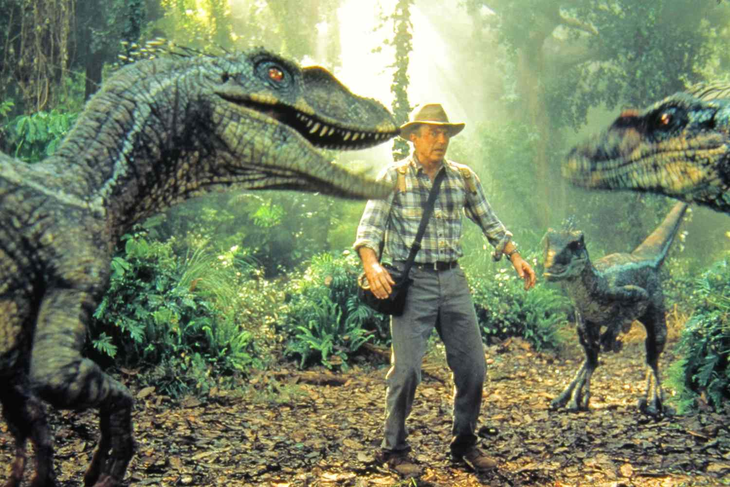
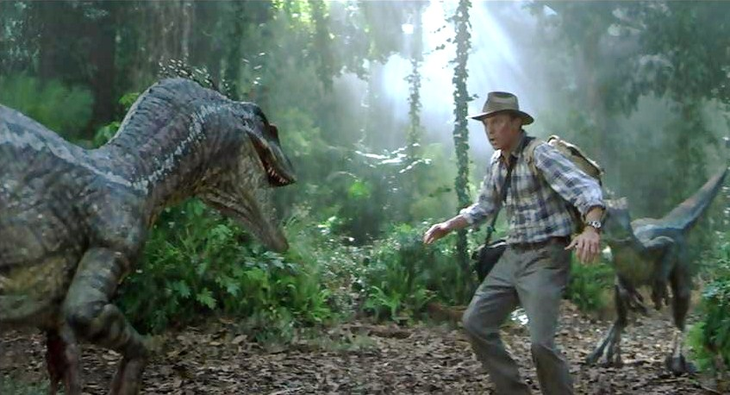
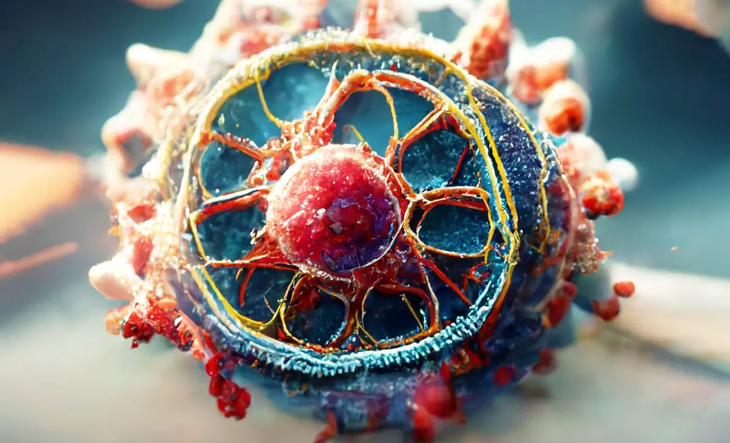
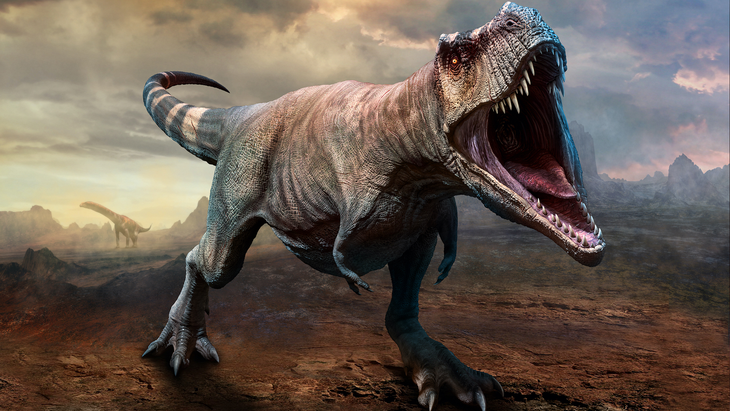
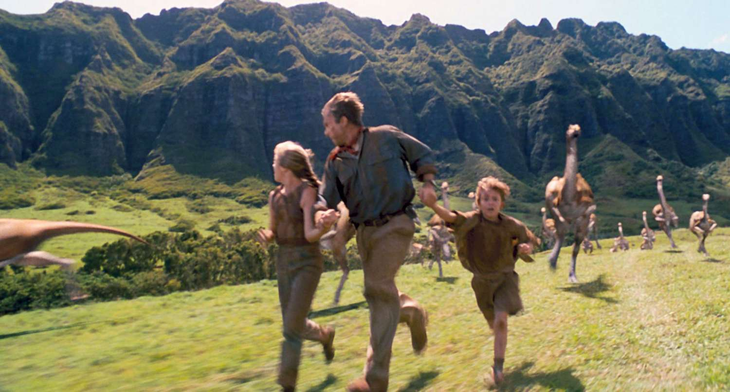
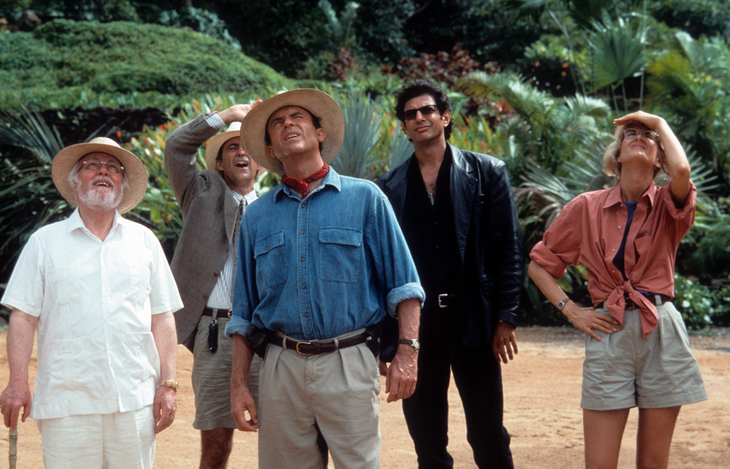
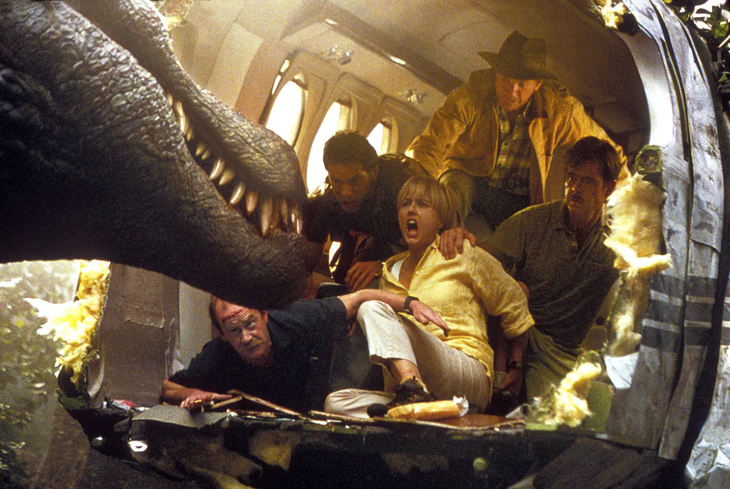


![[Photo] Closing of the 4th Summit of the Partnership for Green Growth and the Global Goals](https://vstatic.vietnam.vn/vietnam/resource/IMAGE/2025/4/17/c0a0df9852c84e58be0a8b939189c85a)

![[Photo] Promoting friendship, solidarity and cooperation between the armies and people of the two countries](https://vstatic.vietnam.vn/vietnam/resource/IMAGE/2025/4/17/0c4d087864f14092aed77252590b6bae)
![[Photo] General Secretary To Lam receives French Ambassador to Vietnam Olivier Brochet](https://vstatic.vietnam.vn/vietnam/resource/IMAGE/2025/4/17/49224f0f12e84b66a73b17eb251f7278)
![[Photo] Nhan Dan Newspaper announces the project "Love Vietnam so much"](https://vstatic.vietnam.vn/vietnam/resource/IMAGE/2025/4/17/362f882012d3432783fc92fab1b3e980)
![[Photo] National Assembly Chairman Tran Thanh Man meets with outstanding workers in the oil and gas industry](https://vstatic.vietnam.vn/vietnam/resource/IMAGE/2025/4/17/1d0de4026b75434ab34279624db7ee4a)
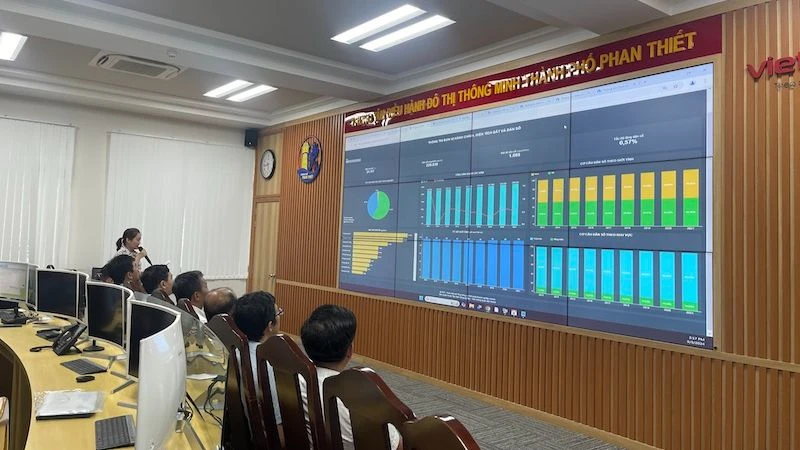
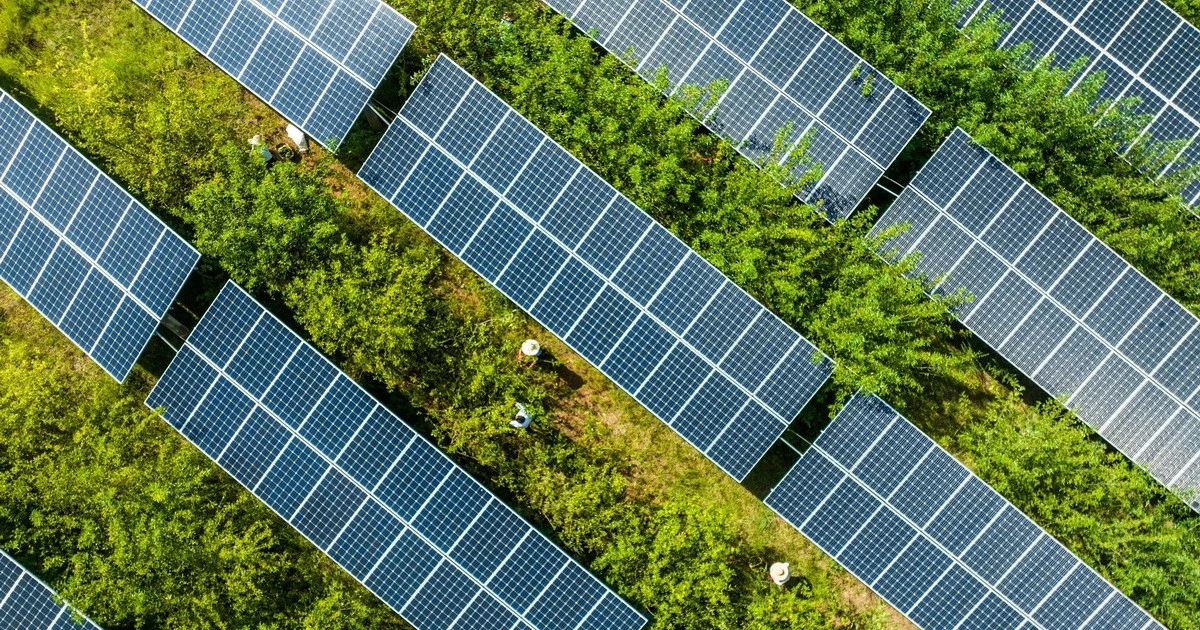








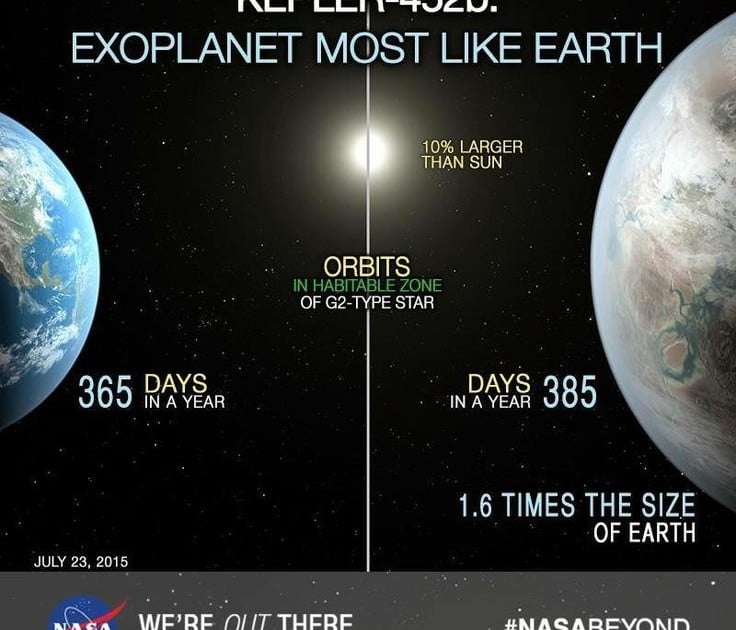
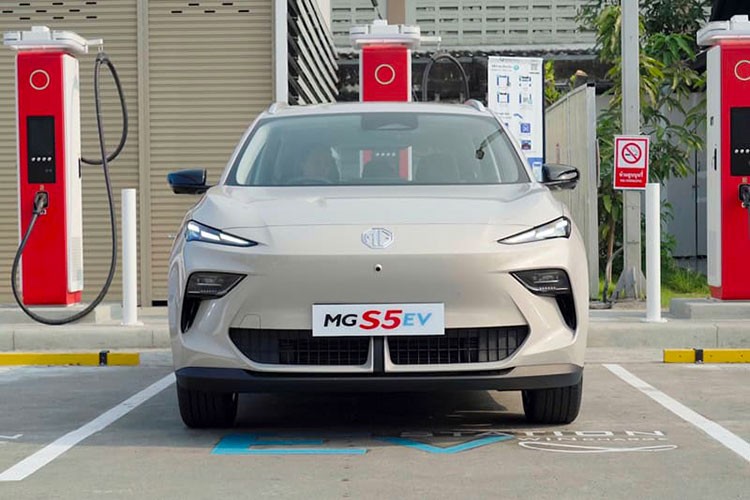
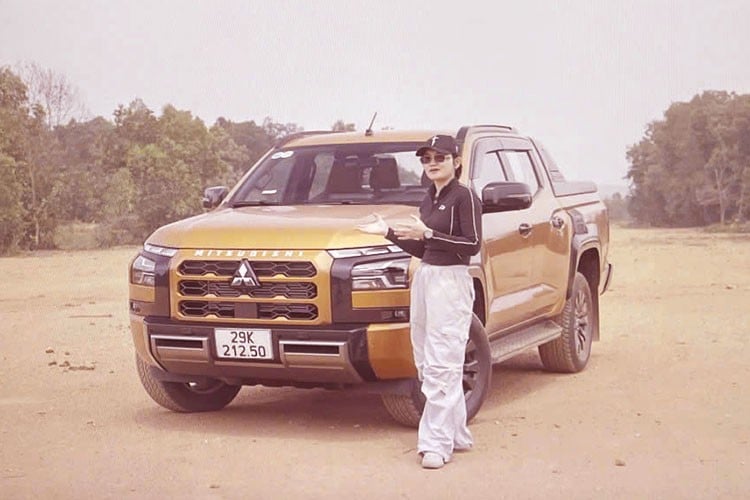
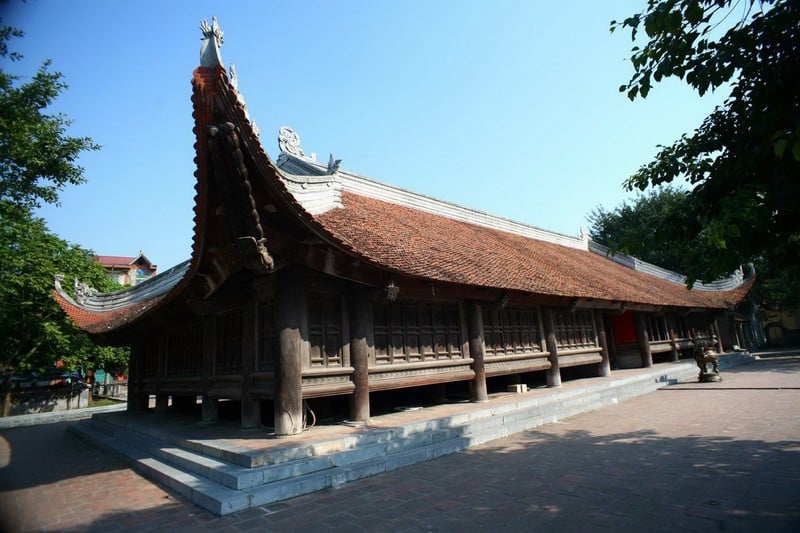

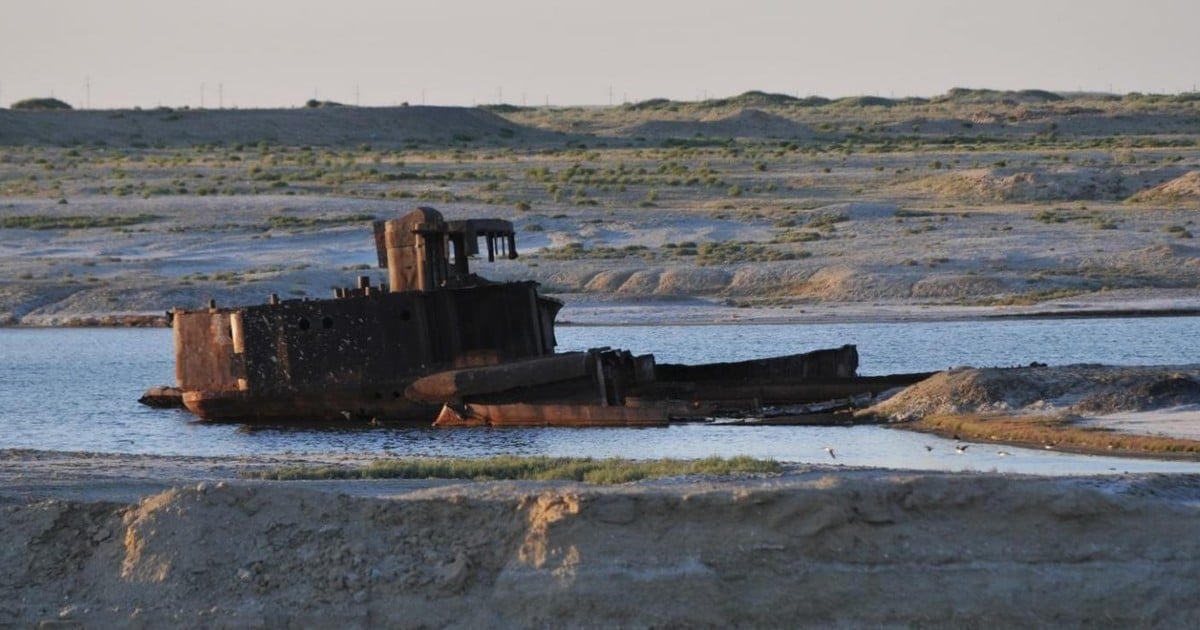
![[Photo] Welcoming ceremony for Chinese Defense Minister and delegation for friendship exchange](https://vstatic.vietnam.vn/vietnam/resource/IMAGE/2025/4/17/fadd533046594e5cacbb28de4c4d5655)



























![[Video] Viettel officially puts into operation the largest submarine optical cable line in Vietnam](https://vstatic.vietnam.vn/vietnam/resource/IMAGE/2025/4/17/f19008c6010c4a538cc422cb791ca0a1)

























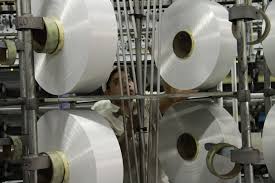













Comment (0)